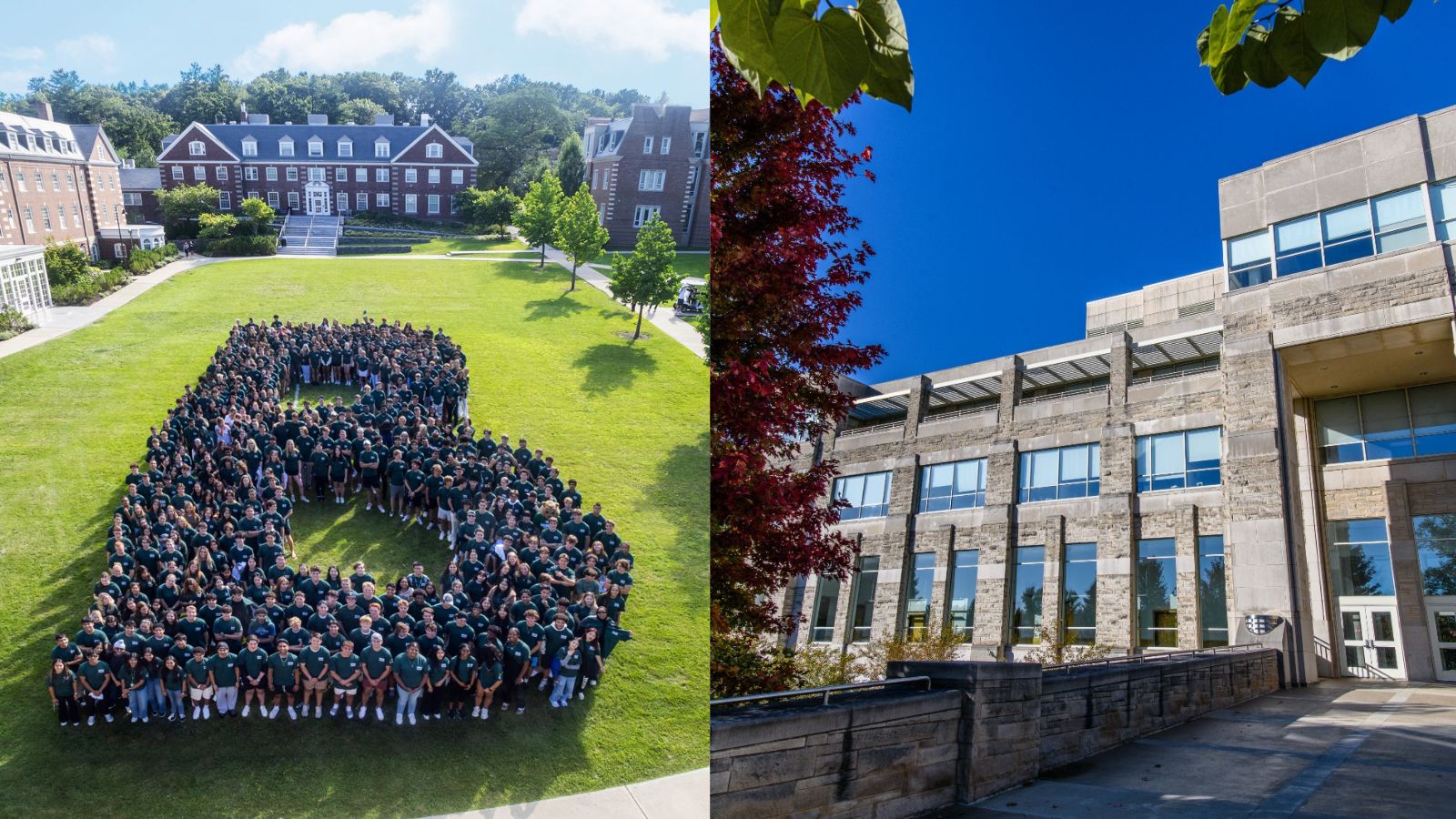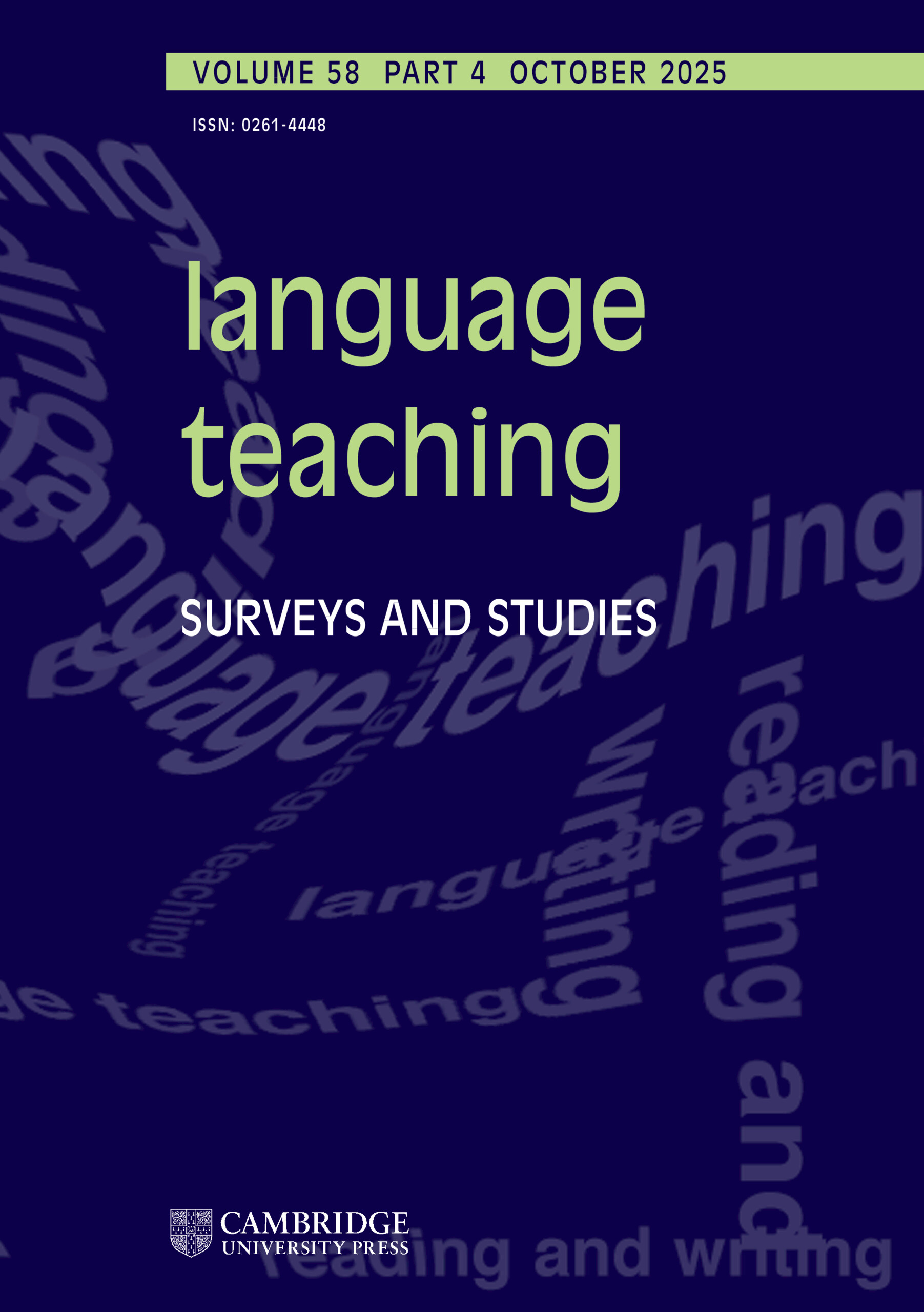Babson Vs Kelley: Which varsity is better for entrepreneurship education? | Education News

As stated by the US Chamber of Commerce in 2024, the States is home to over 33.2 million entrepreneurs reflecting a global surge in start-up ambition. In a world shaped by disruption and innovation, entrepreneurship degrees are no longer niche, they are central. Whether launching a venture, shaping corporate strategies, or disrupting industries from within, the entrepreneurial mindset is becoming indispensable. At the forefront of cultivating this mindset are two institutions—Babson and Indiana University’s Kelley School of Business.
Both offer rich, rewarding programmes but in fundamentally different ways. Here’s how they compare across five dimensions.
Location: Innovation Ecosystem vs. Classic College Vibes
Babson is based in Wellesley, Massachusetts. Think it like a Boston—a city bubbling with startups, innovation labs, and billion-dollar dreams. Whether you’re networking at MIT, interning at a fintech firm, or brainstorming pitch at Tatte over an oat milk latte—this city puts you in the heartbeat of hustle. Boston is one of the top startup hubs in the US with a thriving venture capital ecosystem. Boston offers Babson students direct access to innovation labs, incubators, and internships at both startups and multinational firms. Babson is located just 30 minutes from Boston, one of America’s leading start-up hubs. This proximity gives Babson students unparalleled access to venture capital networks, innovation labs and a thriving entrepreneurial community.
Meanwhile, over in Indiana, Kelley thrives in Bloomington’s college-town magic with a strong sense of community. But don’t let the laid-back vibe fool you—Kelley’s reach goes far. While not start-up capital, Kelley maintains robust recruiting ties with Fortune-500 companies like Amazon, Deloitte and EY. Students often intern in Chicago or in Indianapolis, combining campus charm with real-world exposure. Bloomington’s buzzing cultural life, from live music at the Bluebird to hikes at Lake Monroe, offers a well-rounded college experience.
Course Structure: Build It or Think It Through?
At Babson, you launch businesses. Period. Babson’s Entrepreneurship curriculum is designed to take students from idea to execution. Core courses like Entrepreneurship and Community, New Technology Ventures, and Managing Growing Businesses focus on real-world problem-solving and venture creation. Electives dive into niche areas like crowdfunding, social ventures and entrepreneurship. The course is intensely experiential—think pitch competitions, start-up labs and international immersion programmes.
Kelley is less about launching at 19, more about learning how to spot an opportunity, structure a deal, and scale smart. Its Entrepreneurship and Corporate Innovation major cultivates both startup founders and intrapreneurs (those who innovate within established firms). Signature courses include Idea Validation; Business Model Development, New Venture Planning, and Corporate Venturing. Through the Johnson Centre for Entrepreneurship and Innovation, students engage with incubators, mentorship programs and case-based simulations that hone the entrepreneurial mind. If Babson is a start-up garage with a white-board and a deadline, Kelley is a sleek co-working space with pitch decks and spreadsheets.
Admissions: Who Gets In?
Story continues below this ad
Getting into Babson is not a cakewalk. With an acceptance rate of 20% for both regular and early rounds, it looks for strong academics including SAT between 1380-1500, but most importantly, it wants entrepreneurial energy. Kelley values leadership and a genuine business drive, but it is slightly traditional in tone. It is quite competitive for direct admits (GPA 3.8+ and SAT 1400+), fishing for stellar academics. But numbers alone won’t seal the deal. Applicants are encouraged to showcase entrepreneurial drive through essays, extracurriculars, and personal projects that highlight innovation and
initiative. And if you’re applying from out of state or internationally, bonus: Kelley has a reputation for being more accessible and welcoming than many private colleges—without compromising on quality or outcomes.
Scholarships: Funding Your Dream Without Debts
The Babson Global Scholars Program is a full-ride scholarship for high-achieving international students who blend academic excellence with bold, change-making leadership. Then there are elite awards like the Weissman Scholarship and the Blank Leadership Scholarship, both of which cover full tuition and offer tailored mentorship, networking, and global immersion experiences.
Kelley, meanwhile, brings muscle to the merit-aid game. With 130+ scholarship options, standout students have access to significant funding, often renewable year after year. One notable example is the Audrey A. Brinkman Memorial Scholarship, which supports exceptional nonresident business students. Kelley’s aid packages are known to be generous, especially for out-of-state applicants who might otherwise overlook a public university.
Both Babson and Kelley are powerhouses but they fuel different kinds of dreamers. If you’re itching to launch your start-up yesterday, and thrive in a full-throttle pitch-it-now environment, Babson’s hustle-driven culture can be your stage. But if you’re the strategist, the one who wants to understand business from every angle before making your move—Kelley offers a broader business playground, where you can test your ideas, build connections, and grow into a leader ready to innovate from within or break out on your own.
Raj is a Senior Consulting Manager, Athena Education
link








